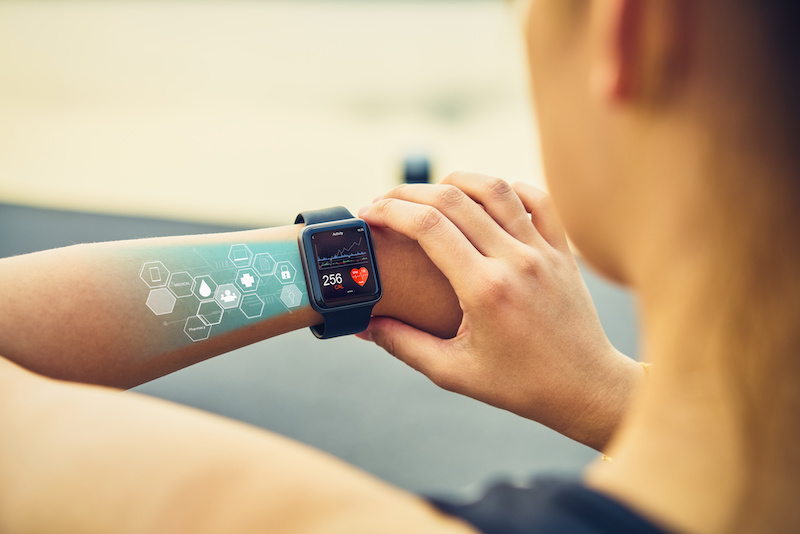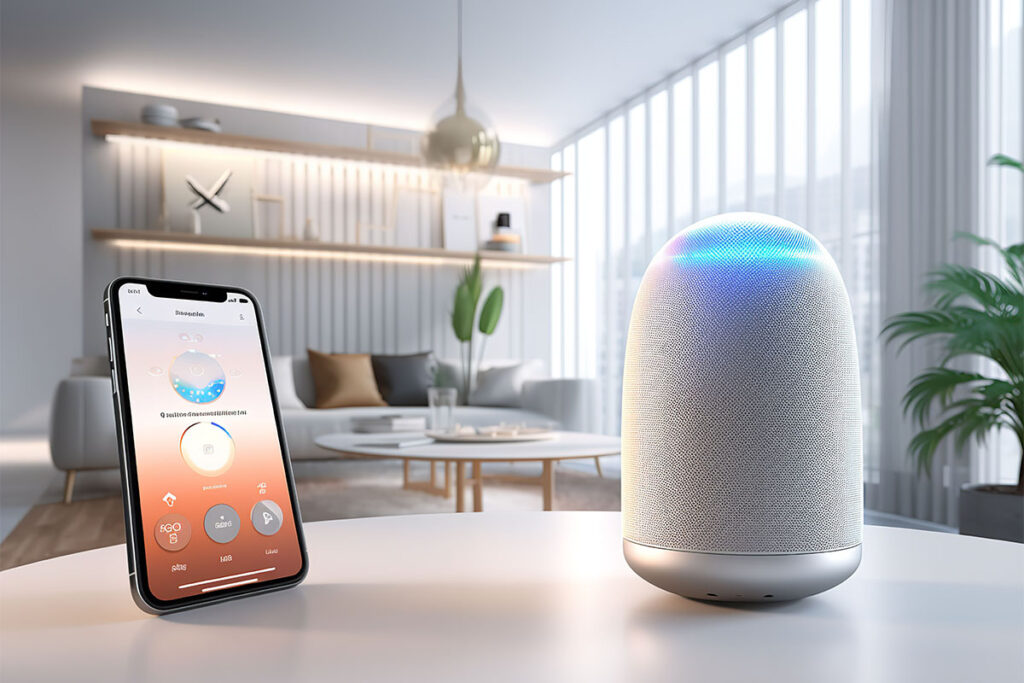In recent years, wearable technology has evolved far beyond its initial focus on fitness tracking. Today, gadgets such as smartwatches, health monitors, and even smart clothing are revolutionizing the way we approach health and wellness. This article, “Wearable Tech Beyond Fitness: How Gadgets Are Transforming Health,” delves into the myriad ways these innovative devices are enhancing our understanding of personal health, enabling proactive medical care, and fostering a more informed approach to wellness. With the integration of advanced sensors and AI, wearables are not just tracking steps; they are providing critical insights into our overall health.
As we explore the transformative impact of wearable technology, you will discover how these devices are being utilized for chronic disease management, mental health monitoring, and even early detection of potential health issues. From continuous glucose monitors for diabetes management to smartwatches that can detect irregular heart rhythms, the capabilities of these gadgets are expanding rapidly. Furthermore, we will discuss the role of data privacy and security in the realm of health tech, ensuring that your personal information remains protected while you benefit from these advancements.
Join us on this journey as we uncover the future of health technology. Whether you are a tech enthusiast, a healthcare professional, or simply someone interested in improving your well-being, this article will provide valuable insights into how wearable tech is reshaping the landscape of health. Read on to learn more about the exciting innovations that are making a difference in people’s lives every day.
Wearable technology has evolved significantly beyond its initial focus on fitness tracking. Today, these gadgets are playing a crucial role in various aspects of health management, from chronic disease monitoring to mental health support. This article explores the transformative impact of wearable tech on health through several key areas.
Chronic Disease Management
Wearable devices are increasingly being used to monitor chronic diseases such as diabetes, hypertension, and heart conditions. These gadgets can track vital signs, glucose levels, and blood pressure in real-time, providing patients and healthcare providers with valuable data. This continuous monitoring allows for timely interventions and personalized treatment plans, ultimately improving patient outcomes.
For instance, smartwatches equipped with ECG capabilities can detect irregular heart rhythms, alerting users to potential health issues before they escalate. This proactive approach to health management is revolutionizing how chronic conditions are treated, making it easier for patients to manage their health from the comfort of their homes.
Mental Health Monitoring
Mental health is an essential aspect of overall well-being, and wearable technology is beginning to address this area effectively. Devices that track sleep patterns, stress levels, and even mood can provide insights into a user’s mental health. By analyzing data collected from these wearables, users can identify triggers and patterns that affect their mental state.
For example, some wearables offer guided breathing exercises and mindfulness reminders, helping users manage stress and anxiety. This integration of mental health support into everyday technology is making it easier for individuals to prioritize their mental well-being.
Sleep Tracking and Improvement
Quality sleep is vital for overall health, and wearable technology has made significant strides in sleep tracking. Devices can monitor sleep cycles, duration, and quality, providing users with insights into their sleep patterns. This data can help individuals make informed decisions about their sleep hygiene and lifestyle choices.
Many wearables also offer features such as sleep coaching and personalized recommendations to improve sleep quality. By leveraging this technology, users can enhance their sleep habits, leading to better physical and mental health outcomes.
Remote Patient Monitoring
Remote patient monitoring (RPM) is becoming increasingly popular, especially in the wake of the COVID-19 pandemic. Wearable devices enable healthcare providers to monitor patients’ health remotely, reducing the need for in-person visits. This technology is particularly beneficial for elderly patients or those with mobility issues.
RPM can include tracking vital signs, medication adherence, and even mental health assessments. By utilizing wearables for RPM, healthcare providers can ensure that patients receive timely care while also reducing the burden on healthcare facilities.
Personalized Health Insights
Wearable technology is paving the way for personalized health insights tailored to individual users. By collecting and analyzing data, these devices can provide users with customized recommendations for diet, exercise, and lifestyle changes. This level of personalization empowers users to take control of their health and make informed decisions.
For example, some wearables can analyze physical activity levels and suggest specific workouts or dietary adjustments based on individual goals. This personalized approach to health management is transforming how users engage with their well-being.
Integration with Telehealth Services
The integration of wearable technology with telehealth services is enhancing the way healthcare is delivered. Patients can share data collected from their wearables with healthcare providers during virtual consultations, allowing for more informed discussions and treatment plans. This seamless exchange of information is improving the quality of care.
Moreover, telehealth platforms can utilize data from wearables to monitor patients’ progress and adjust treatment plans as needed. This synergy between technology and healthcare is making it easier for patients to access care and stay engaged in their health management.
Fitness Beyond Tracking: Rehabilitation and Recovery
Wearable technology is also making waves in rehabilitation and recovery processes. Devices can track progress during physical therapy, providing real-time feedback to both patients and therapists. This data-driven approach helps optimize rehabilitation programs and ensures that patients are on the right track.
Additionally, wearables can monitor recovery metrics, such as heart rate variability and muscle fatigue, allowing users to adjust their training regimens accordingly. This focus on recovery is essential for preventing injuries and promoting long-term health.
Future Trends in Wearable Health Tech
The future of wearable technology in
| Aspect | Description |
|---|---|
| Introduction | Wearable technology has evolved beyond fitness tracking to encompass a wide range of health applications, enhancing personal health management. |
| Health Monitoring | Devices like smartwatches and health bands now monitor vital signs such as heart rate, blood pressure, and oxygen levels, providing real-time health data. |
| Chronic Disease Management | Wearables assist in managing chronic conditions like diabetes by tracking glucose levels and providing alerts for medication adherence. |
| Mental Health | Some gadgets focus on mental well-being, offering features like stress tracking, guided breathing exercises, and mood monitoring. |
| Telemedicine Integration | Wearable devices can sync with telemedicine platforms, allowing healthcare providers to monitor patients remotely and adjust treatments as needed. |
| Sleep Tracking | Advanced sleep tracking features help users understand their sleep patterns, leading to better sleep hygiene and overall health improvements. |
| Future Trends | The future of wearable tech in health includes AI integration for predictive analytics, personalized health insights, and enhanced connectivity with healthcare systems. |


